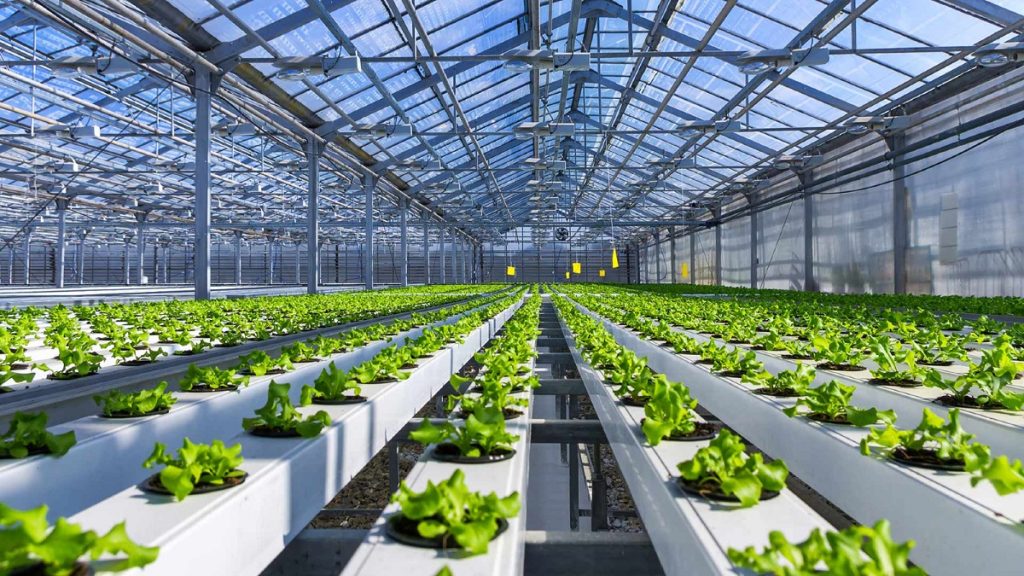
Food security has taken on immense significance in an era marked by environmental challenges and a growing global population. Ensuring a stable and reliable supply of nutritious food for all is an intricate puzzle requiring innovative solutions. Among these solutions, sustainable agriculture is crucial to achieving food security. By harmonizing ecological balance, resource efficiency, and social equity, sustainability addresses hunger and promises a brighter future for both people and the planet.
The Nexus of Sustainable Agriculture and Food Security
Sustainable represents an evolution from conventional farming practices focused solely on productivity and profit. It goes beyond immediate gains, prioritizing long-term resilience and preserving natural resources. At its core, Sustainable Agriculture seeks to strike a harmonious chord between human needs and environmental limitations. This approach acknowledges the intricate relationship between agricultural production, ecosystems, and the broader community.
Resource Efficiency: Doing More with Less
Central to sustainable agriculture is the prudent use of resources. Traditional farming often depletes soil fertility, squanders water, and relies heavily on synthetic inputs. Sustainable practices, on the other hand, emphasize resource efficiency. Crop rotation, cover cropping, and agroforestry enhance soil health, reduce erosion, and optimize water usage. These methods mitigate the negative impacts of climate change and safeguard agricultural land productivity, laying a robust foundation for long-term food security.
Biodiversity: Nature’s Safety Net
In agriculture, biodiversity is a powerful ally. Unlike monoculture systems that are vulnerable to pests and diseases, diverse ecosystems discourage the proliferation of any single threat. By integrating a variety of crops and promoting native flora and fauna, sustainable farms create a web of interactions that mimic natural ecosystems. This approach minimizes the need for chemical interventions, fostering healthier plants and more resilient food systems.
Empowerment of Local Communities
Sustainable does not solely concern itself with the earth; it also champions social equity. It empowers farmers and stakeholders to make informed decisions by emphasizing local knowledge and community participation. Sustainable Agriculture Certification practices often align with traditional wisdom, fostering a sense of ownership and self-reliance. This empowerment strengthens rural communities, making them more resilient to economic and environmental fluctuations.
Climate Resilience: Navigating an Uncertain Future
Climate change poses a formidable threat to food security, disrupting growing seasons and exacerbating natural disasters. Sustainable, with its focus on adaptability, offers a toolkit to navigate this uncertain terrain. Practices like rainwater harvesting, drought-resistant crop varieties, and conservation tillage enable farmers to maintain yields even in adverse conditions.
Inspiration for Future Generations
Sustainable agriculture offers a compelling narrative for the future, inspiring the next generation of farmers, scientists, and policymakers. Its holistic approach cultivates a sense of purpose beyond profit, emphasizing the interconnectedness of all life forms. Young farmers are drawn to its innovative techniques, combining tradition with technology. This enthusiasm injects new life into rural areas, ensuring that the torch of sustainable food production continues to burn brightly.
Challenges on the Path
While the promise of agriculture is undeniable, its adoption is challenging. Transitioning from conventional methods requires education, training, and sometimes initial investments. Small-scale farmers may need help accessing markets that reward sustainability. Policy support and incentives are crucial to accelerate the shift towards sustainable practices, fostering an environment where food security and environmental conservation go hand in hand.
A Global Call to Action
Borders do not confine sustainability; it is a shared endeavor that demands global collaboration. Investment in research and development can refine existing techniques and unearth new solutions. Knowledge exchange programs can bridge the gap between traditional wisdom and modern innovation. By working together, the world can progress towards a future where food security is a reality.
Conclusion
As the world grapples with the complexities of food security, agriculture emerges as a beacon of hope. It encapsulates the wisdom of the past, the urgency of the present, and the promise of the future. Sustainable agriculture paints a vision of abundance without compromise by embracing resource efficiency, biodiversity, community empowerment, and climate resilience. It is not merely a path but a transformative journey toward a nourished, harmonious, and secure world. In its embrace, we find the body and soul sustenance.